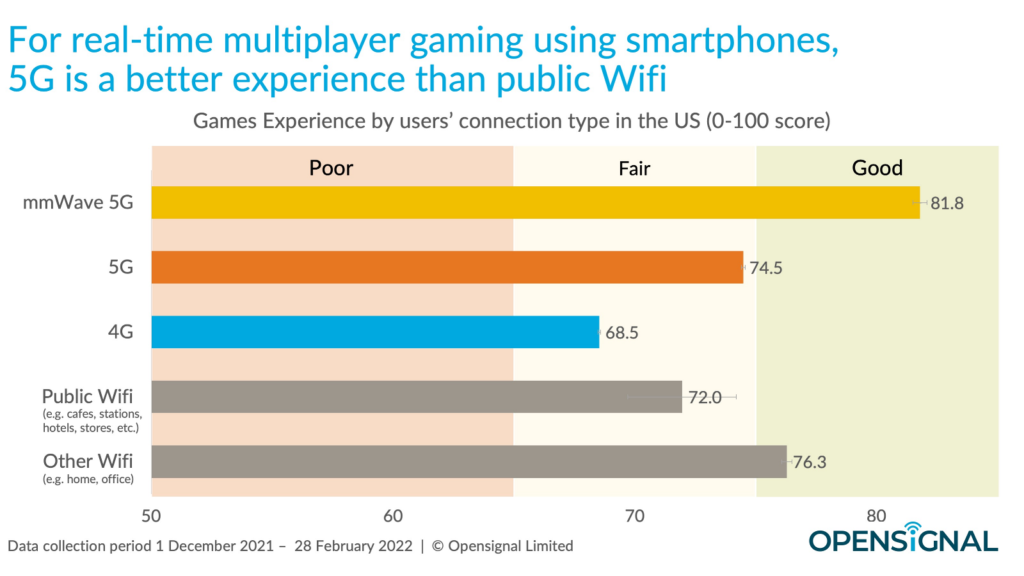DURHAM – Arvind Krishna has always had a passion for exploration. From a young age, he enjoyed dismantling and reassembling objects to gain a deeper understanding of their inner workings. This fascination with how things function eventually led him to pursue a Ph.D. in engineering and a career at IBM.
Krishna’s inquisitiveness extended beyond scientific research, as he shared with Dean Bill Boulding of Duke University’s Fuqua School of Business during a guest appearance in the school’s Distinguished Speakers Series. Over time, Krishna’s curiosity about the business aspects of bringing a successful product to market grew while working at IBM. This drive for knowledge propelled him into management and leadership positions, ultimately leading to his current role as CEO and chairperson of IBM.
“I see it as a journey of evolution,” Krishna remarked. “It wasn’t a linear progression but rather a continuous process of growth and learning.”
As technology continues to reshape the landscape of work, Krishna emphasized the importance of continual learning in leadership. He anticipates even more groundbreaking innovations in the coming decade.
IBM looks to turn nearly 8,000 jobs over to artificial intelligence, CEO says
A “Netscape Moment” in Artificial Intelligence
Krishna likened the current state of artificial intelligence to a “Netscape moment,” drawing parallels to the internet browser that popularized the internet in the 1990s. He highlighted ChatGPT as a significant development that has brought AI into the mainstream.
“AI and ChatGPT today can be seen as a 30-year overnight success story,” Krishna observed. “Technological advancements often appear sudden, but they are the result of decades of dedicated effort.”
In 2010, IBM introduced Watson, an AI system capable of answering questions in natural language. By 2011, Watson gained global recognition for defeating human contestants on the game show Jeopardy. Krishna noted the limitations of the deep learning technology powering Watson, which required extensive human input for data labeling, hindering scalability.
“The challenge was the reliance on expert human input for data labeling, which posed scalability issues,” Krishna explained. “However, with ChatGPT’s utilization of large language models and generative AI, these labor constraints are overcome.”
“Large language models represent a fundamental breakthrough,” Krishna added. “For the first time, minimal human intervention is needed to train the algorithms, offering a significant advantage.”
While Krishna expressed his wish for IBM to have made greater strides in advancing Watson’s technology to align with current AI capabilities, he acknowledged the ongoing innovation in the field.
“The emergence of large language models presents a new opportunity,” Krishna stated. “We now have a chance to revisit and improve upon our past efforts.”
IBM deploys first quantum computer at private sector site, targets disease discovery
The Potential of Quantum Computing
According to Krishna, quantum computers—leveraging the principles of quantum mechanics to tackle problems beyond conventional computing capacities—hold immense transformative potential.
“At some point in this decade, a quantum computer will solve a problem that will leave people in awe,” Krishna predicted. “When that breakthrough occurs, countries and companies utilizing this technology will gain a significant competitive edge.”
Realizing this potential hinges on collaboration across various disciplines, including business expertise. Krishna emphasized the critical role of business acumen in identifying suitable applications for quantum computing.
“We need to focus on developing algorithms, identifying use cases for these algorithms, and advancing the technology,” Krishna explained. “That’s where the excitement lies.”
Krishna also highlighted the environmental benefits of quantum computing, such as reduced energy consumption for computationally intensive tasks like crypto mining. Additionally, he anticipates enhanced security through improved encryption methods enabled by quantum computing.
“I boldly predict that current encryption methods will be rendered obsolete by quantum computing,” Krishna stated. “The question is not ‘if’ but ‘when’ this will happen.”
IBM shakeup: Who is Arvind Krishna, Big Blue’s new CEO?
Leadership Philosophy that Embraces Challenge
Krishna identified three key qualities—continuous learning, resilience, and effective communication—as essential for leaders driving innovations like quantum computing. He emphasized that these qualities are equally vital for all employees in today’s dynamic work environment.
Leaders, according to Krishna, must prioritize the organization’s well-being, even if it means voicing unpopular opinions. He recounted a lesson from two decades ago when a mentor encouraged him to speak up for what he believed in, even if it meant risking termination. This mindset of embracing challenges and staying true to one’s convictions resonated with Krishna.
“By living each day unafraid of being fired, you liberate yourself to do what is right,” Krishna reflected. “Act based on genuine conviction, not for appearances’ sake.”
Authenticity and assertiveness, Krishna emphasized, signal a commitment to the organization’s success.
“I firmly believe that merit and sound ideas carry significant weight,” Krishna affirmed. “Persistence and a clear alignment with the organization’s interests are crucial for earning trust and respect.”
(C) Duke University
This article was originally published at https://www.fuqua.duke.edu/duke-fuqua-insights/ibm-ceo-doing-what%E2%80%99s-right-and-future-technology



